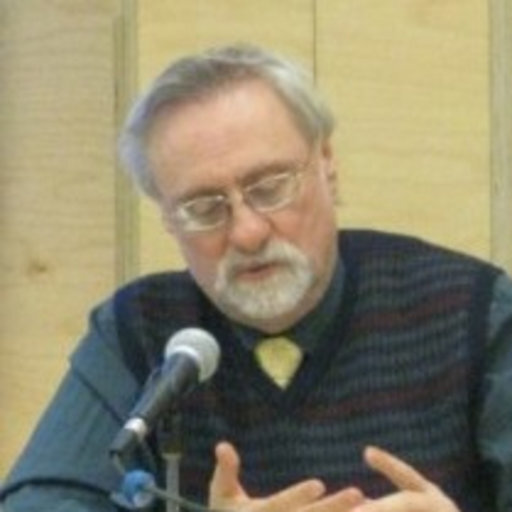Now pendulum has swung back to the left in Latin America: professor
“If a leftist government defies U.S. hegemony, it is subject to intervention”

TEHRAN - Professor emeritus of international relations at Webster University says that the pendulum has swung back to the left in Latin America, but the right remains very strong.
“Now the pendulum has swung back to the left, but the right remains very strong, and this is an illiberal populist right that resembles many of the features of Trumpism in the U.S.,” Daniel C Hellinger tells the Tehran Times.
Three weeks ago, a 35-year-old former student protest leader defeated his far-right rival José Antonio Kast in Chile's presidential election.
The leftist candidate Gabriel Boric will lead a country that has been rocked in recent years by mass protests against inequality and corruption.
He told supporters he would look after democracy, promising curbs on Chile's neoliberal free-market economy.
Some political observers argue that Boric has breathed fresh air into leftist movements in Latin America.
Following is the text of the interview with Hellinger, an expert on Latin America:
Q: How do you see the process of democratization in Latin America, especially when it comes to Chile?
A: Chile is one of the few places in the world where we can be somewhat optimistic about the state of democracy. Last year we had the election of a constitutional assembly that will eliminate most of the unconstitutional provisions that were left in place after the transition from military to civilian rule in 1990. We also have a new, young president, Gabriel Boric, who was a leader of mass protests demanding that the country's unusually unequal levels of socio-economic inequality be narrowed.
Q: Why do Latin American states generally have tendency toward leftists that are at odds with American liberal democracy?
A: Well, that's not always true. What we've seen in the last 20 years has been a pendulum swing back and forth between the left and right. Now the pendulum has swung back to the left, but the right remains very strong, and this is an illiberal populist right that resembles many of the features of Trumpism in the U.S.
Q: Over recent decades the U.S. has confronted leftist democracies all around the world while supporting Arab monarchies. Why doesn't Washington recognize other democracies that differ from liberal democracy?
A: Clearly the explanation is rooted in both geopolitical and global economic forces. In the case of the Arab monarchies, it is not just oil that drives U.S. policy. It is also the financial power that these monarchies have accumulated. In the case of Latin America, the U.S. has always regarded the region as its "backyard," a special sphere of influence. It doesn't matter whether the government is autocracy or democracy. If it challenges U.S. hegemony, it is subject to intervention.
Q: How do you see impact of immigrants and minorities (i.e. blacks, Spanish and Muslims) on U.S. democracy and its future? Do you agree that Trump made any effort to suppress them?
A: Trump has clearly used the immigration issues to appeal to racist sentiments in the U.S. population, but in the last election he actually made gains among Latinos and African-Americans - but not among Muslims.
Remember, Trump's base includes Christian evangelicals, and evangelical churches have made significant gains among both American Latinos and in Latin America itself, including among Latina immigrants. Many blacks are frustrated with the failure of the Democrats to adequately address violent crime and lack of economic opportunity. Many seem open to the populist right.
Q: Given the Republicans' measures against U.S. democracy and failure of Democrats to solve U.S. basic problems, don’t you predict an emerging third party to get rid of partisan politics and corruption?
A: I see possibilities of new parties emerging across the political spectrum. The most likely one for the next presidential election in 2024 would be a centrist party attempting to draw Republicans who are alienated from Trump and the populist right. Eventually a new party could form on the left, but I think a centrist break-away is more likely. In any case, I do not think we will see any party, new or old, end partisan politics and corruption.
****************H
“The U.S. has always regarded Latin America as its ‘backyard’. It doesn't matter whether the government is an autocracy or a democracy.”
